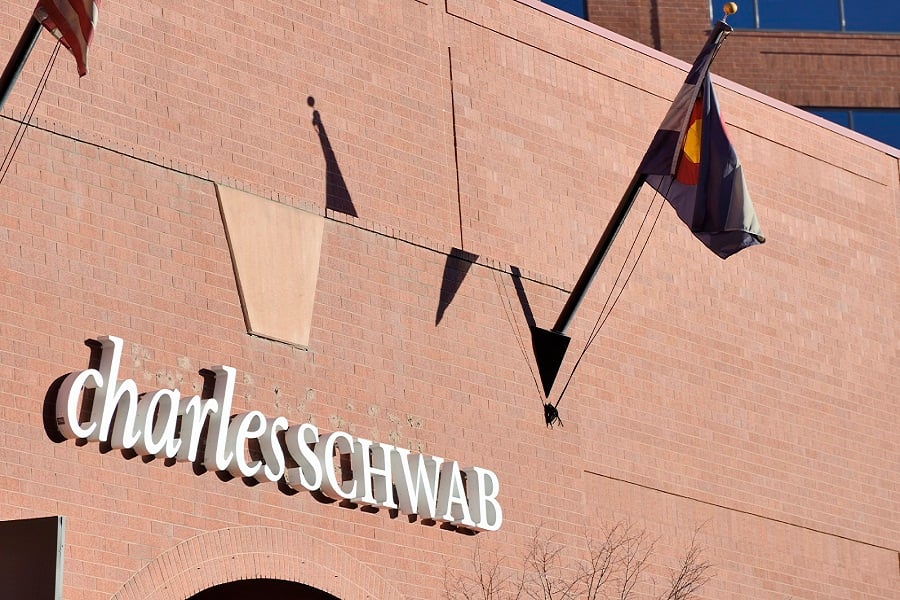Charles Schwab & Co., a key architect of the fast-growing market of independent financial-advice firms in the U.S., may export parts of that unique business model abroad, the brokerage giant's top executive said Wednesday.
In a wide-ranging address at an industry conference in Washington that focused partly on the importance of financial advice, Schwab president and chief executive officer Walter W. Bettinger II vaguely hinted at expanding his firm's U.S.-focused custody business for registered investment advisers to other countries, such as the United Kingdom.
“You may see some moves by us on the RIA side internationally, as that expands and becomes more like it exists in the U.S.,” said Mr. Bettinger.
A spokesman for San Francisco-based Schwab, Greg Gable, declined Thursday to provide additional details on the effort.
EARLY PIONEER
Schwab was an early pioneer of the registered investment adviser business model, providing custody of client assets, technology, trade execution and other services as a vendor to independently owned and operated financial advisory businesses.
The company has attracted more than 7,000 firms and $1 trillion in assets since it formally launched the business in 1987. It's done so in part by luring a small share of advisers employed by traditional broker-dealers with the notion of owning their own business, winning the ability to make a broader set of investment choices for clients under ostensibly more-stringent regulatory standards, and retaining a larger share of the fees paid by clients.
RIAs account for more than 28,000 advisers in all, now with about 12% of the assets in the industry. That number doesn't include "dual registrants," who affiliate with both RIAs and broker-dealers, which account for another 8% of advised assets, according to Cerulli Associates.
But Schwab has struggled to find opportunities in other countries. Mr. Bettinger said that not all elements of his firm's business easily translate outside of the United States.
Mom-and-pop investors in other countries are often served in wealth management markets dominated almost exclusively by large, established banks.
DEFLECTS CRITICISM ON ROBOS
Mr. Bettinger's remarks came in a speech where he deflected criticism of robo-advisers as potentially replacing human advisers and offering inferior, cookie-cutter advice. Schwab launched Intelligent Portfolios,
an algorithm-based investing platform to build, monitor and rebalance diversified portfolios, in March. It's also building a version its affiliated advisers can use.
Mr. Bettinger conceded that robo-advisers have not yet been tested by a truly difficult bear market. And he said Schwab would not have launched its robo-adviser unless it included virtual support from advisers who could coach clients not to abandon the markets at inopportune times.
“In the throes of the crisis, the average registered investment adviser who custodies at Schwab had upwards of 20% of client assets in cash,” he said. “What's different is that the typical RIA got their clients back into the market in time for the market recovery and many of the retail investors who are self-directed didn't."







